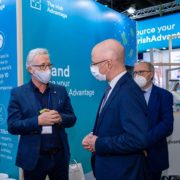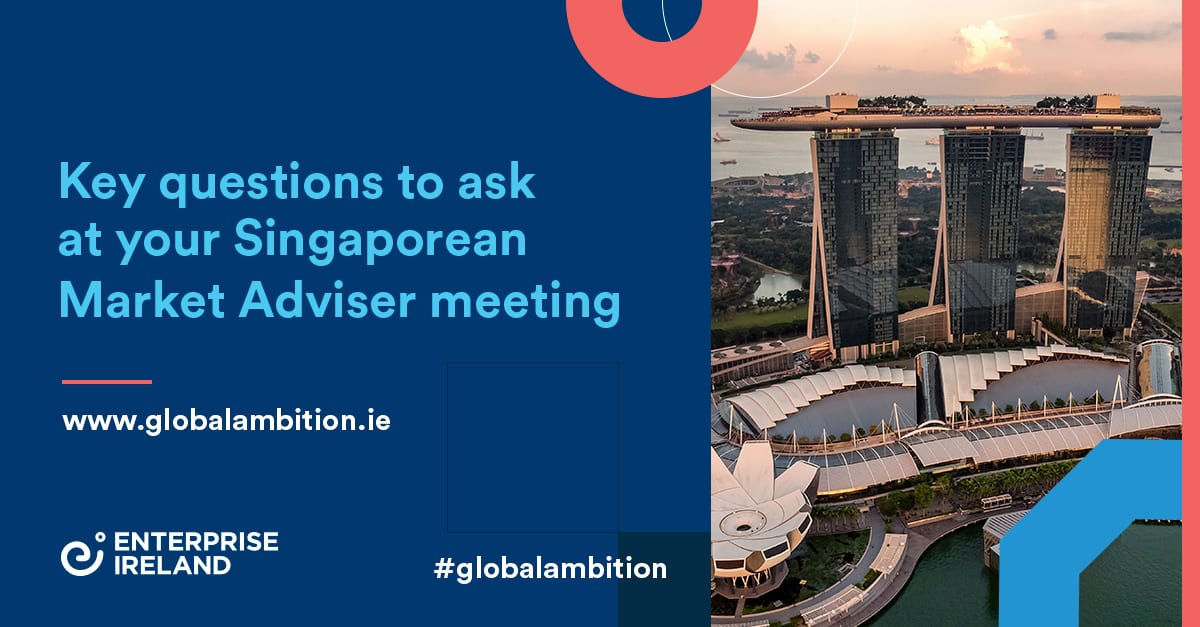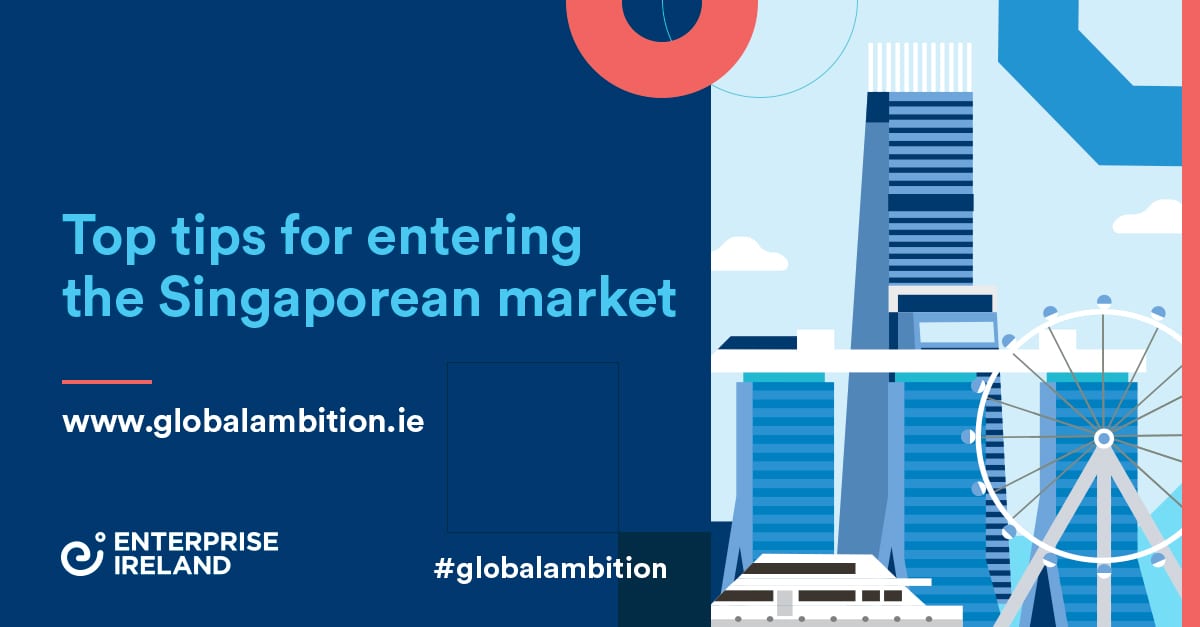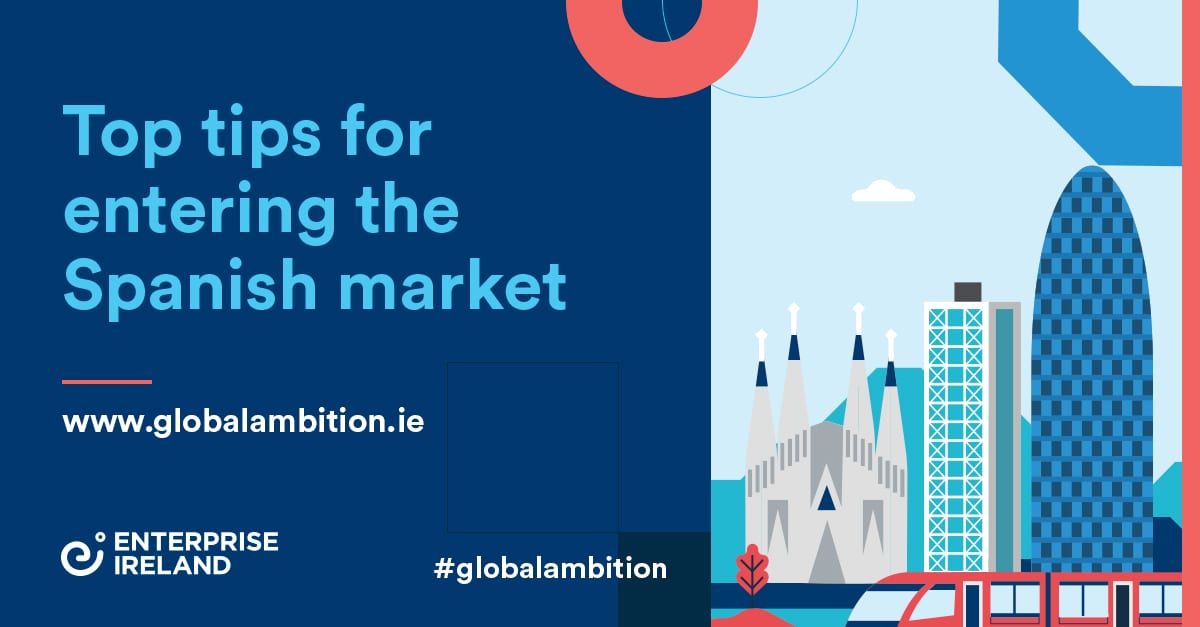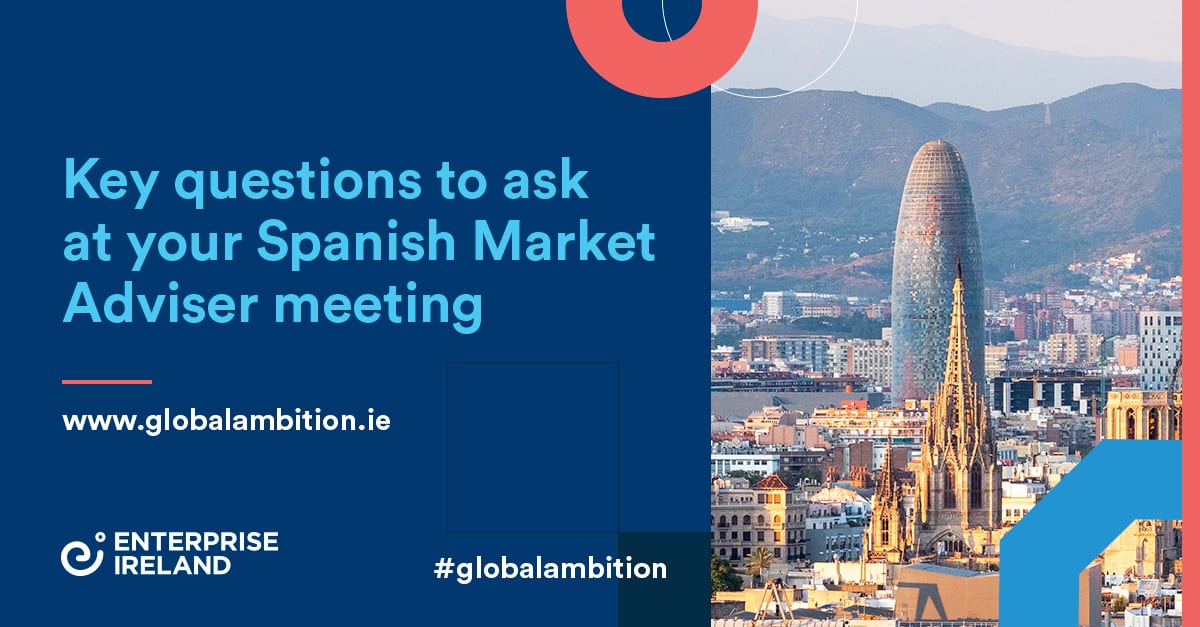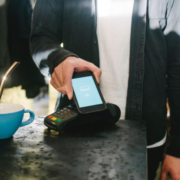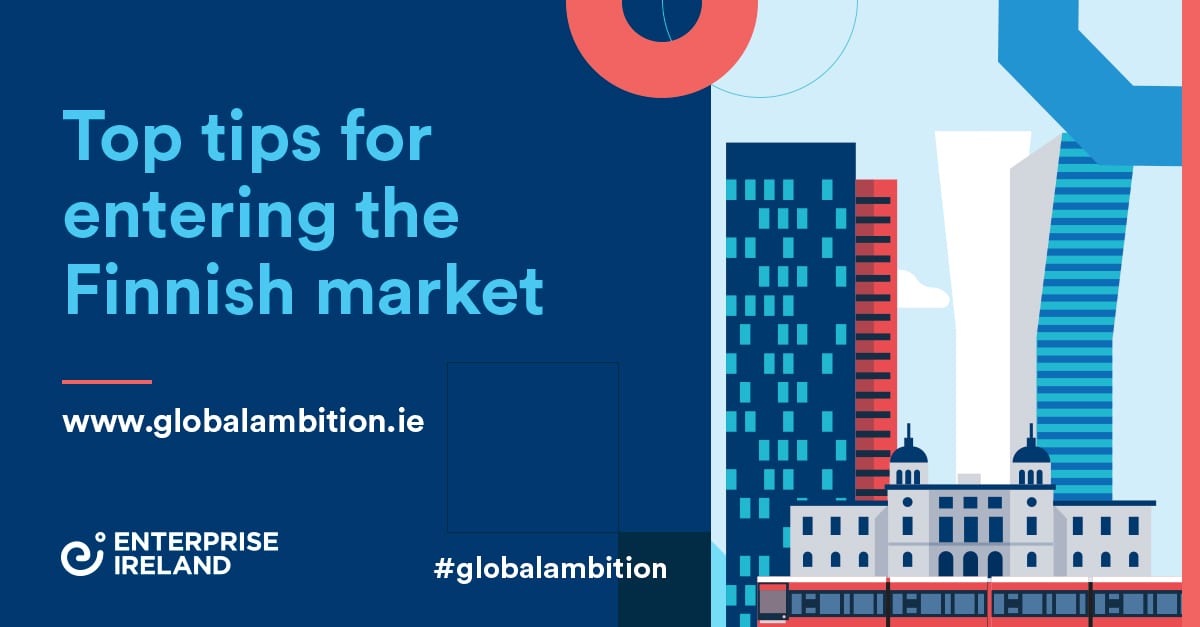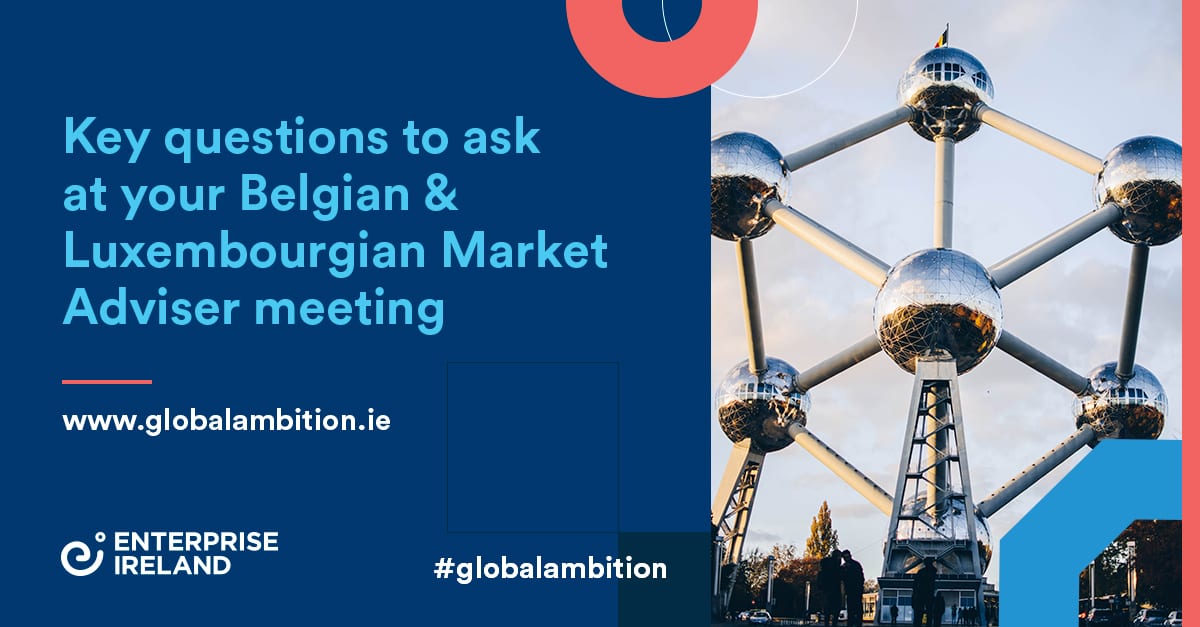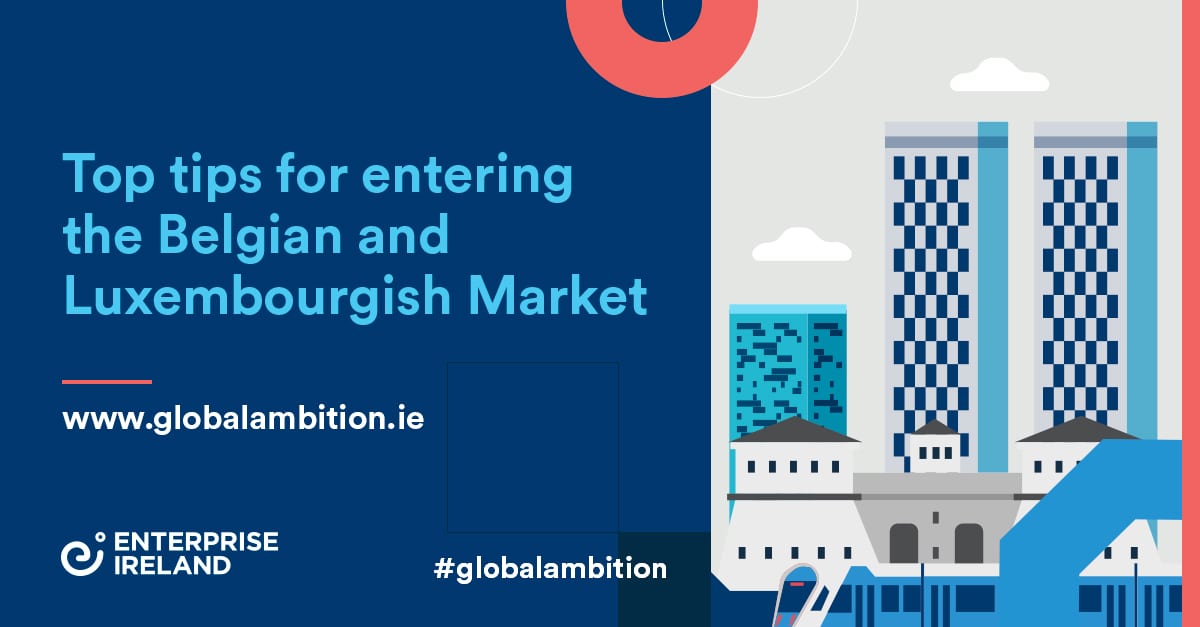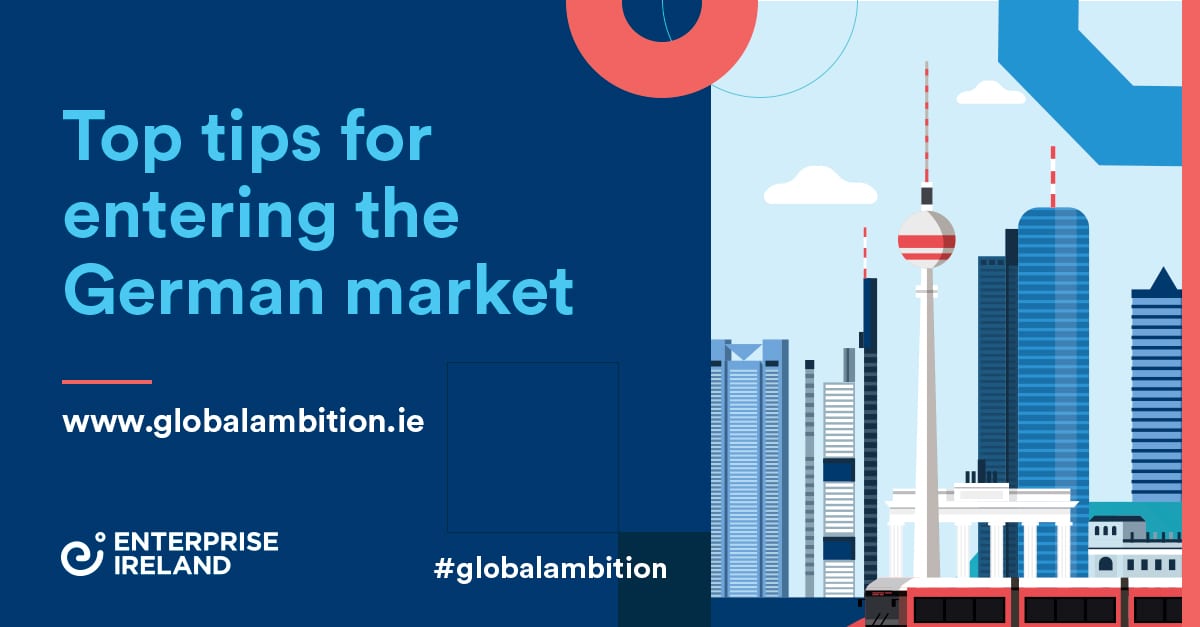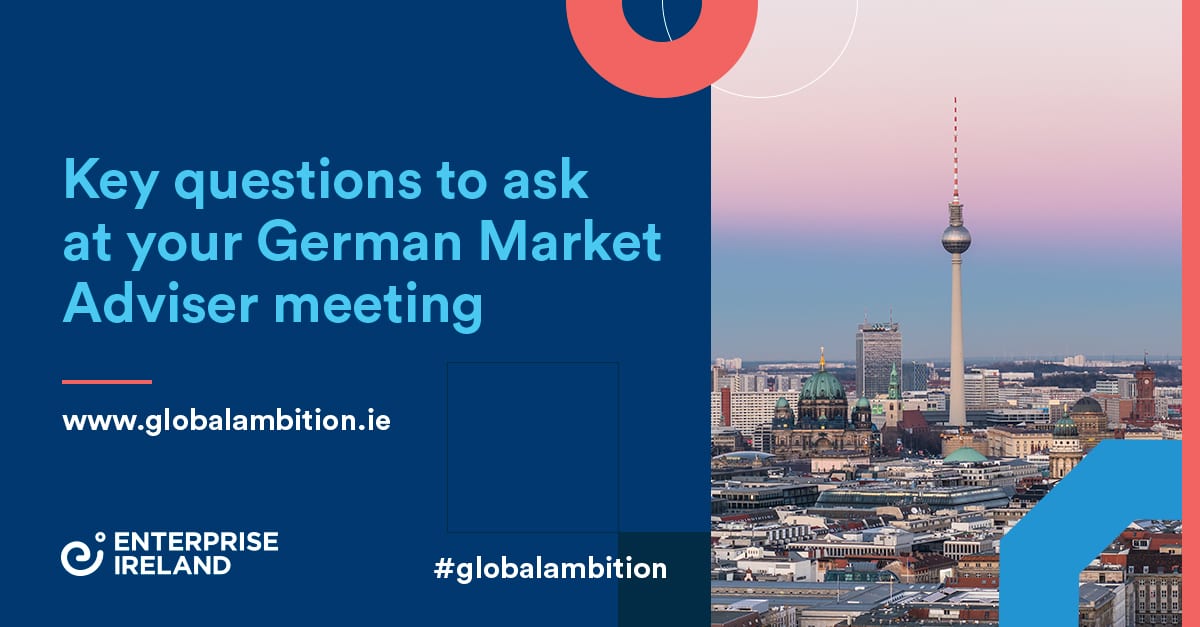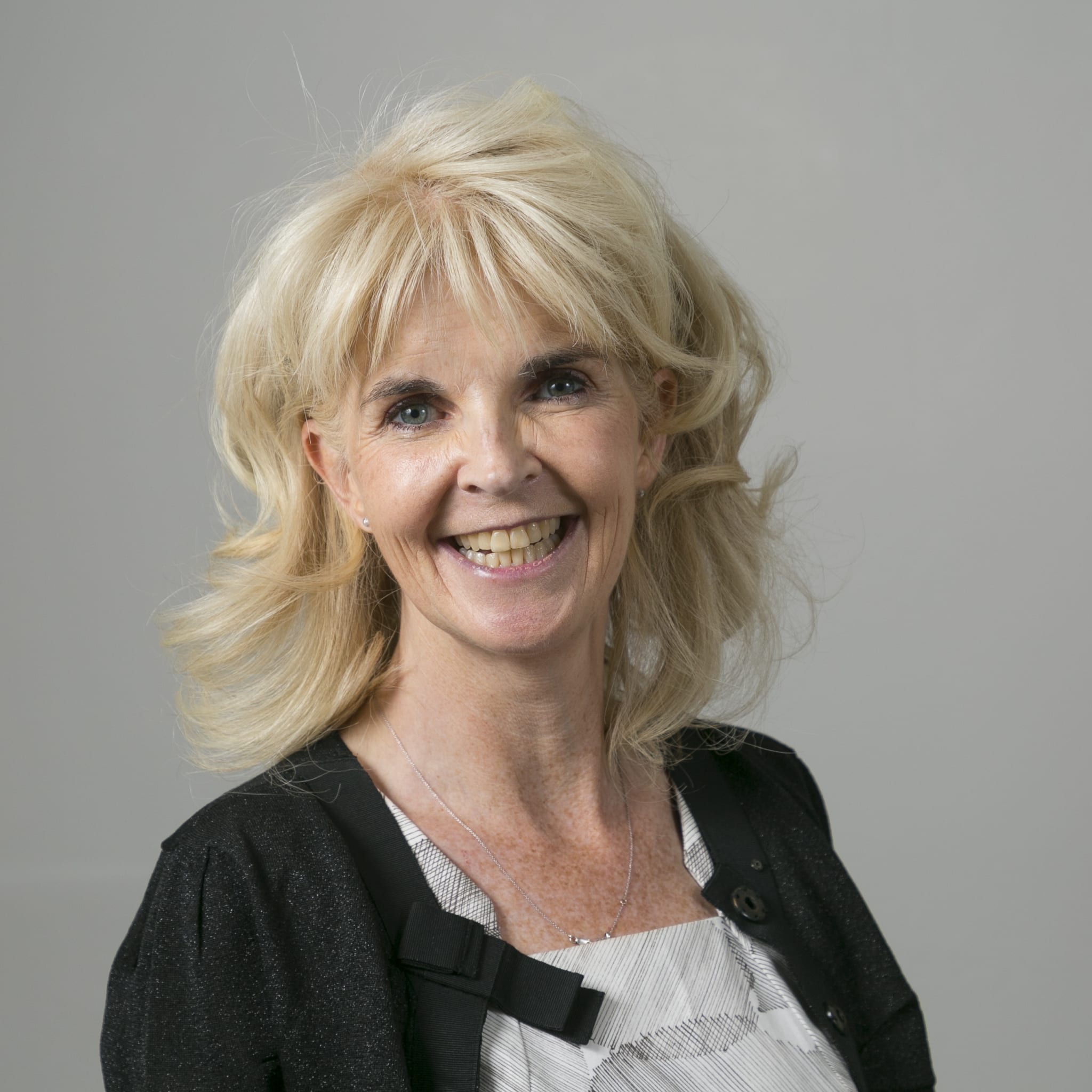Bringing Irish healthcare innovation to the world
There have been many headlines about the strength of the Irish medtech sector, especially in the wake of the Covid-19 pandemic. Many of our indigenous life sciences companies are making waves in every corner of the world, and big economies such as the US are looking to Ireland for innovative solutions for every aspect of healthcare.
The Arab Health exhibition
This strength was demonstrated at this year’s Arab Health, the leading exhibition in the MENA region for the healthcare industry. The 2022 event took place at the Dubai World Trade Centre from 24 – 27 January and was followed by an online event from 31 January – 10 February.
Enterprise Ireland had a significant presence at the event, showcasing the work of 14 companies. An additional six client companies also attended the show.
The influence of Arab Health cannot be underestimated. For many years, it has been a major event for connecting clinicians, procurement professionals, dealers and distributors from all over the world. This year, more than 3,500 exhibitors took part and over 56,000 healthcare professionals attended, all eager to see the latest innovations.
The changing healthcare landscape
The theme of this year’s event was ‘United by Business, Forging Ahead’, which reflected the importance that new technologies and innovation have in today’s rapidly changing global healthcare industry. According to Eamon Sikafi, Commercial Counsellor – Middle East & North Africa at Enterprise Ireland, this means plenty of opportunity for Irish companies.
“The Gulf Cooperation Council (GCC) is a prosperous region with plenty of opportunities for Irish healthcare innovators,” Eamon explains.
“For example, digitalisation is very much at a pilot stage in most GCC countries, offering significant opportunities for Irish companies working in this sector.”
“Another trend is the move to domestic drug production. Currently, over 90% of the market is driven by imported drugs, but a rising number of collaborations between multinational companies and domestic manufacturing looks set to change this.”
“A third area in which Irish companies are particularly strong is medical technologies. The GCC medical technologies market accounts for 2.7% of global revenues, but currently the sector is dominated by imports. Domestic manufacturing is still in its early stages and accounts for less than 20% of market revenues.”
Opportunities for Irish companies in healthcare innovation
Enterprise Ireland market advisors have identified areas in the region that are filled with opportunities for Irish companies between now and 2030.
“Electronic Health Records (EHR), artificial intelligence for radiology, robotic surgeries and patient engagement platforms for pharmaceutical companies are predicted to become a $2 billion market by 2030,” Eamon says.
“The number of hospitals across the GCC is expected to triple by 2030. Primary care clinics, e-clinics and micro hospitals will represent new areas of investment focus over the next decade.”
“Public Private Partnership (PPP) opportunities will support growth across the region, with at least 40% of private sector healthcare growth driven by PPP. Investment in cancer treatment technologies will surge as early diagnosis of cancer is likely to increase by 10% by 2030.”
“Collaboration between hospitals and companies to develop corporate wellness programs will become a $2 billion market by 2030. And, medical consumables manufacturing is likely to emerge as a $30 billion market by end of 2030, with Saudi Arabia poised to become a regional hub by 2023.”
Irish success stories in healthcare innovation
AceTech
Irish company AceTech has built up business in the region worth €10 million, working in the areas of safety, patient care and AI software for several ambulance services in GCC countries and cities.
Aerogen
Galway-based Aerogen, a leader in aerosol medication delivery systems, opened an office in Dubai in 2018 and has grown significantly in the region since the start of the pandemic. Most recently, the company announced a major deal with Gulf Medical, a market leader in medical device distribution in Saudi Arabia.
Fleming Medical
Fleming Medical began operating in the region in 2014 and currently services several GCC countries, including Saudi Arabia, Qatar, the UAE, Kuwait and Oman. This year, the company plans to expand operations into Iraq and North Africa, growing business by 25% by the end of 2023.
Contact Eamon Sikafi to find out how Enterprise Ireland can help you explore healthcare innovation opportunities in the Middle East.

